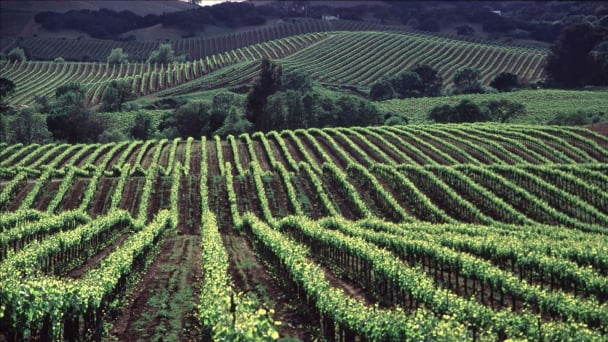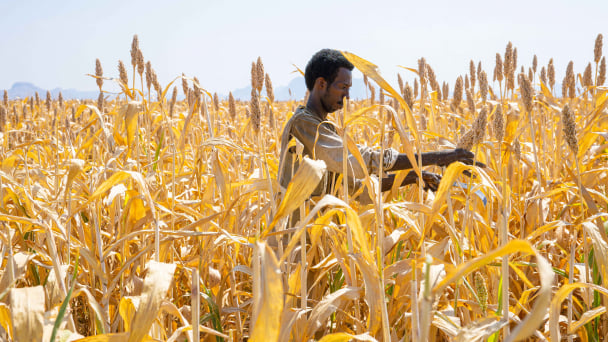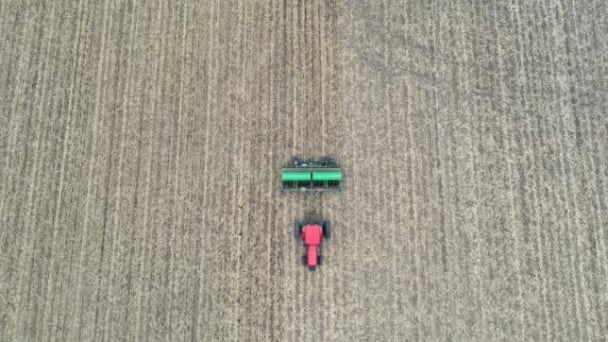April 18, 2025 | 18:20 GMT +7
April 18, 2025 | 18:20 GMT +7
Hotline: 0913.378.918
April 18, 2025 | 18:20 GMT +7
Hotline: 0913.378.918

While corn futures were green across the board, it’s the July contract that attracted attention, trading 80¢ higher mid-day Tuesday.
While USDA raised its new crop production forecast, it showed tight old crop stocks with a bump in feed and residual use. Despite the adjustments, Pro Farmer's Brian Grete says Tuesday’s big price move wasn’t due to Monday’s USDA report.
“The move in July corn has nothing to do with Monday’s WASDE report or supplies,” says Grete, editor of Pro Farmer. “It’s a short squeeze ahead of tomorrow’s contract expiration. Someone is or was caught short and they had to get out.”
Chip Nellinger of Blue Reef Agri-Marketing agrees.
“It’s likely someone was trapped short ahead of the last trading today tomorrow” Nellinger says. “However, other factors may be tight old crop stocks and strong basis.”
Another Weather Rally Brewing?
The National Weather Service (NWS) released an updated model Monday that showed an amplified ridge has the potential to bring back heat to the Northern Corn Belt. The Climate Prediction Center says it has high confidence the excessive heat will start July 20. The risk sits right over the Northwest, with the possibility to extend from California to Wisconsin.
“With areas still missing rain, trendline yields are still very questionable and extended weather models show the return of heat to the Western Corn Belt,” Nellinger adds. “Just a 3 or 4 bushel per acre drop from trendline yields would result in carryout dropping toward 1 billion bushels.”
While market analysts say the short squeeze was the main driver of July corn’s explosive action Tuesday, it hit a key technical price point, and could set a precedent for what’s to come.
“July corn going off the board with strength, and into new contract highs north of $7.50, underscores how tight supplies are and how little margin for error there is when it comes to needing a trendline yield for new crop,” Nellinger says. “A substantial drop below 175 or 176 bushels per acre could lead to explosive price action in order to ration demand.”
(agweb.com)

(VAN) California's $59 billion agriculture industry faces serious disruption as the U.S. clashes with China - one of the state's major export markets.

(VAN) Five things you should know about Sudan's food security crisis.

(VAN) 169 lotus seeds selected by the Vietnam Academy of Agricultural Sciences were carried into space by Vietnamese-American astronaut Amanda Nguyen.

(VAN) Tariffs are making life more expensive for John Pihl. He's been farming in Northern Illinois for more than 50 years.

(VAN) European and American farmer organisations are concerned about the import tariffs that the United States introduced on 9 April for products from the European Union. This makes them 20% more expensive.

(VAN) Global poultry trade is expected to remain strong amid relatively tight global protein supply and growing consumption, RaboResearch concludes in its latest animal protein report.

(VAN) Traditional methods benefit hundreds of species but as new agricultural techniques take over, the distinctive haystacks mark a vanishing way of life.